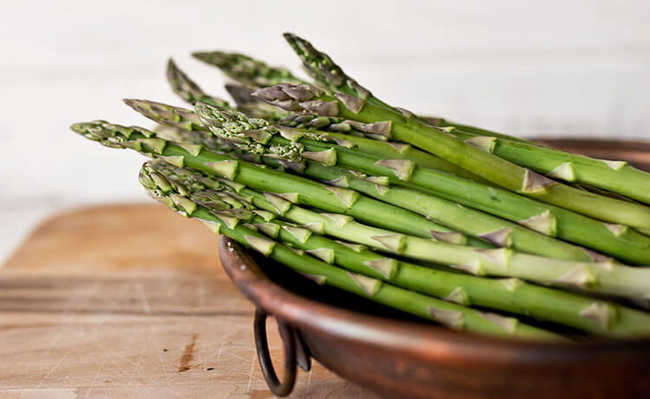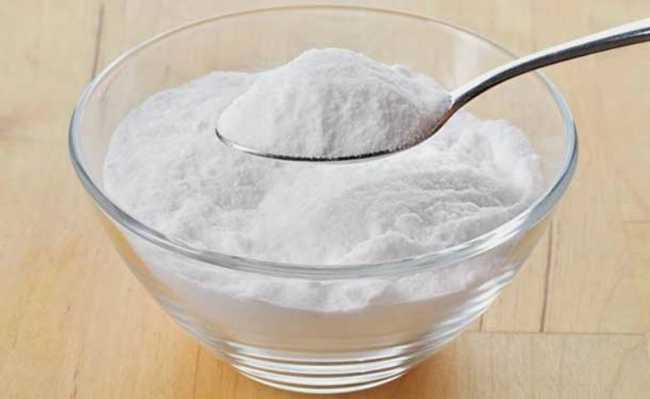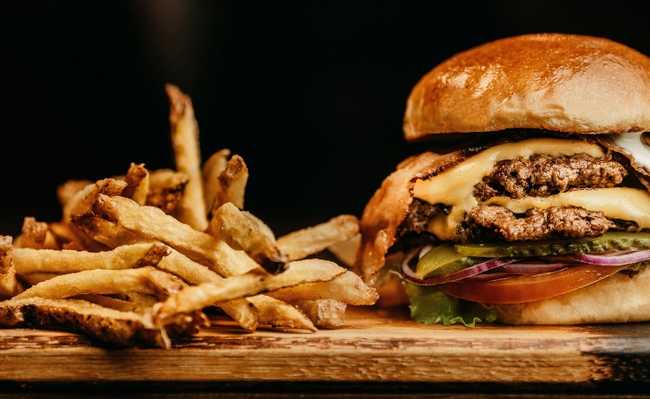What are prebiotic foods?
Prebiotic foods are necessary for intestinal balance and positively affect overall health.

Stephanie Studer image in Unsplash
Prebiotics are parts of the food we eat that are not digested, and so they feed the beneficial microorganisms in the gut. Consuming prebiotic foods is important for the maintenance of the intestinal microbiota, for the immune system and for the body as a whole. According to a study published in the journal Scielo, prebiotics are non-digestible carbohydrates that positively affect health by selectively stimulating the proliferation and/or activity of populations of desirable bacteria in the colon.
Why eat prebiotic foods?
Prebiotics are substances that humans cannot digest, but which are digested by the beneficial bacteria in our intestines. These bacteria play important roles in the body, such as protecting the digestive tract from harmful fungi and bacteria, sending signals to the immune system, and helping to regulate inflammation (see studies on the topic here: 1, 2). In addition, some beneficial gut bacteria form vitamin K and short-chain fatty acids.
Short-chain fatty acids are the main source of nutrients for the cells that line the colon. They promote an intestinal barrier that helps keep out harmful substances, viruses and bacteria. It also reduces inflammation and may reduce the risk of cancer (study on here: 3).
- More than half of our body is not human
The difference between probiotics, prebiotics and symbiotics
There is often confusion between the terms "prebiotics" and "probiotics", but they are quite different. While prebiotics refer to food substances not digested by the body and used by beneficial microorganisms, probiotics are the beneficial microorganisms found in food.
Both (probiotics and prebiotics) are important for human health. In turn, symbiotic foods are composed of prebiotics and probiotics.
What foods are prebiotics?
In addition to being found in supplements, prebiotics are found naturally in many foods, including:
- Vegetables;
- Beans (carioca beans, black beans, peas, lentils, chickpeas);
- Oatmeal (preferably in its gluten-free version);
- Banana;
- Fruits;
- Asparagus;
- Dandelion;
- Garlic;
- Leek;
- Onion.
- Brazil needs to diversify consumption of beans, says Ibrafe
What foods are probiotics?
Fermented foods are great probiotic food choices as they contain beneficial bacteria that grow on sugars or fiber found naturally in foods. But care must be taken to avoid food poisoning.
Examples of fermented probiotic foods include:
- Sauerkraut;
- Kimchi;
- Kombucha;
- Kefir (dairy and non-dairy);
- Some types of pickles (unpasteurized);
- Other pickled vegetables (not pasteurized).
If you are going to eat fermented foods for their probiotic benefits, make sure they are not pasteurized as this process kills microorganisms (to learn more about probiotic foods, take a look at the article: "What are probiotic foods? ").
Some of these foods can also be considered symbiotic because they can contain beneficial microorganisms and serve as prebiotics for bacteria to feed on. An example of symbiotic food is sauerkraut.
How do foods affect the gut microbiota?
The food you eat plays an important role in the balance of good and bad microorganisms in the gut. A diet rich in sugar and fat, for example, negatively influences the bacteria in the intestine, allowing harmful species to overgrow (see studies about it here: 4, 5, 6).
Once you regularly feed the wrong bacteria, they can grow quickly and colonize your gut more easily, without as many helpful bacteria to stop them from doing so (see studies on this here: 7, 8). Harmful bacteria can also cause you to absorb more calories than people with a healthy gut microbiota (see study about it here: 9).
In addition, foods treated with pesticides, such as roundup, can have negative effects on intestinal bacteria (see studies about it here: 10, 11, 12). Studies have shown that antibiotics can cause permanent changes in certain types of bacteria, especially when taken during childhood and adolescence. Because the use of antibiotics is so widespread, researchers are looking at how it can cause health problems in people later in life (see studies on this here: 13, 14).
One of the things good intestinal bacteria do with prebiotic fiber is to turn it into a short-chain fatty acid called butyrate. Butyrate has been shown to have anti-inflammatory effects within the colon. In addition, it can also influence gene expression, block the growth of cancer cells and help fuel healthy cells so they can grow and divide normally.
What about probiotic supplements?
Probiotic supplements are pills, capsules or liquids that contain bacteria that are beneficial to the body.
They are very popular and easy to find, but they don't all have the same types of bacteria or the same concentrations. They also generally don't come with fibrous food sources for bacteria to eat, so it's recommended to consume prebiotic foods minutes before taking these supplements.
However, there are some people who should not take probiotics, or who may experience worsening symptoms if they do, such as people with small bowel bacterial overgrowth (SCBID) or people sensitive to the supplement's ingredients.
On the other hand, certain probiotic strains can be incredibly beneficial for some people.
Keeping your intestinal bacteria balanced is important to many aspects of health. To do this, eat lots of prebiotic and probiotic foods as they will help promote the optimal balance between good and bad gut bacteria.










